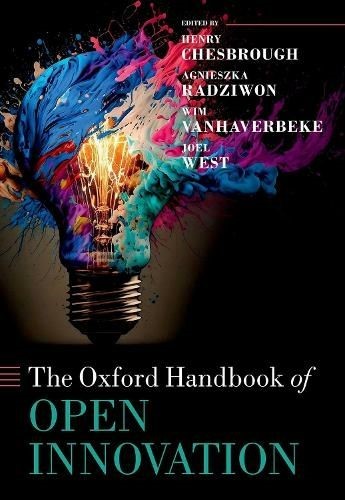Health Care Platforms Need a Strategy Overhaul
By Marcus Holgersson
Is platform strategy the same across all sectors? In our latest research we ask this question, focusing on the unique challenges and opportunities within healthcare. We show that platforms in healthcare face distinct strategic considerations when entering the market, scaling their business, and governing their ecosystems. What are your thoughts or experiences with platform strategies in healthcare or other sectors?
Many thanks to my co-authors Joakim Björkdahl, Anna Essén, and Johan Frishammar, as well as our editors Elizabeth Heichler and Abbie Lundberg and the entire team at MIT Sloan Management Review for supporting us during the publication process.
Open access link: https://mitsmr.com/49yU7Bq

